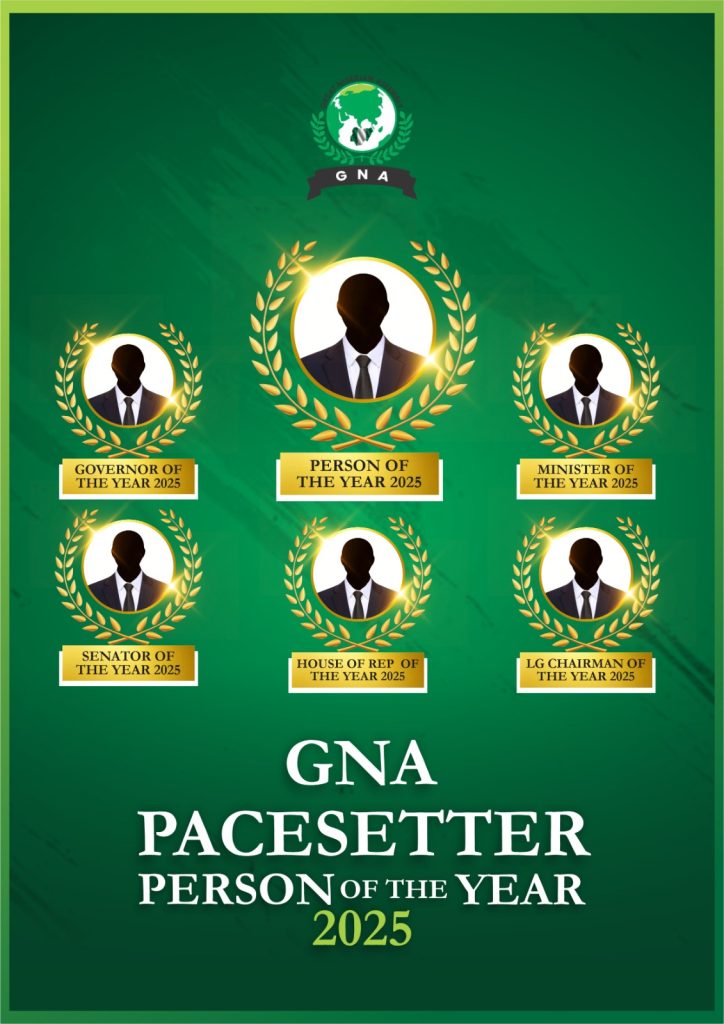A growing rift within the U.S. Congress has opened up over Nigeria’s recent designation as a Country of Particular Concern (CPC) , a status reserved for countries accused of severe religious-freedom violations. As lawmakers and U.S.-based rights watchdogs press for accountability, others warn that the move risks mischaracterizing Nigeria’s complex security crisis and undermining diplomatic ties.
On one side, 31 U.S. Congress members recently lauded former President Donald Trump’s decision to re-designate Nigeria as a CPC saying it was a necessary moral stand. In a joint statement, they argued the move signals “a strong U.S. commitment to defending religious freedom” amid mounting attacks on Christian communities. Among them, Rep. Riley Moore praised Trump’s leadership in “defending Christians around the world,” while Rep. Robert Aderholt described the designation as giving “hope to the people of Nigeria.”
These lawmakers, many from conservative Christian caucuses, argue that the violence targeting Christian communities particularly in Nigeria’s Middle Belt qualifies as systematic persecution. They call for targeted U.S. action, including diplomatic pressure or sanctions.
Advocacy from USCIRF and Religious-Freedom Groups
Backing the push for the CPC label is the U.S. Commission on International Religious Freedom (USCIRF), a bipartisan agency that studies religious persecution globally. USCIRF has long advocated for Nigeria’s CPC designation, citing repeated attacks on Christians and other religious minorities.
In a recent statement, USCIRF Chair Vicky Hartzler said the designation provides “an opportunity to hold perpetrators accountable, protect places of worship, and improve protections for people of all faiths.” The commission also called for a “robust U.S. plan” to partner with Nigeria on improving security for vulnerable religious communities.
USCIRF’s push draws on its own 2025 policy hearing, where commissioners and experts painted a troubling picture: non-state actors (such as armed militias and extremists) are repeatedly targeting Nigerians because of their religious identity, and the government’s response has often been weak or uncoordinated.
Congressional Opposition: Nigeria Pushes Back
But not all U.S. lawmakers are on board. The House of Representatives has moved to reject the CPC designation. In a unanimous motion of urgent national importance, Nigerian lawmakers in Washington denounced the CPC proposal, warning that it misrepresents Nigeria’s security challenges.
Deputy Speaker Benjamin Kalu argued that many portrayals cast Nigeria’s violence as primarily religious persecution, when in fact it is driven by complex factors including insurgency, banditry, farmer-herder conflict, and criminal gangs. He added that Nigeria’s constitution guarantees freedom of religion for all citizens. The House also referred the matter to its committees on Foreign Affairs, National Security, and Intelligence to coordinate a formal diplomatic response within 21 days.
Other lawmakers joined the pushback. Rep. Wole Oke and Rep. Ahmed Jaha expressed concern that the CPC move relies on decontextualized narratives that could undermine Nigeria’s diplomatic relations and national sovereignty. Meanwhile, Majority Leader Professor Julius Ihonvbere blamed “some Nigerians” for promoting a negative image abroad, urging efforts to present a more balanced reality to U.S. policymakers.
Nigeria’s Official Response
The Nigerian government has strongly rejected the CPC designation. Information Minister Mohammed Idris described it as based on “faulty data” and false narratives. He argued that the country’s security crisis is rooted in terrorism and criminality, not in state-sponsored religious persecution.
President Bola Tinubu’s administration echoed that sentiment. According to Nigerian media reports, Tinubu emphasized Nigeria’s commitment to religious tolerance and inclusion, and rejected claims that Christians are being specifically targeted. The government described the CPC move as a misunderstanding of Nigeria’s reality, warning that it could strain the long-standing bilateral relationship with the United States.
The Stakes: What the CPC Means
The CPC label carries significant diplomatic implications. Under the International Religious Freedom Act (IRFA), this designation signals to the U.S. government that a country is engaged in “systematic, ongoing, and egregious” violations of religious freedom. In practice, it can lead to sanctions, targeted aid cuts, or stricter diplomatic measures.
Supporters of Nigeria’s CPC designation argue it provides leverage: the U.S. can pressure Abuja to prosecute perpetrators of religious violence, strengthen protections for vulnerable communities, and reform security operations to protect houses of worship. They also argue that it would help mobilize U.S. foreign assistance toward building capacity in Nigeria’s protection sector.
Critics, on the other hand, highlight potential backlash. They warn that heavy-handed U.S. pressure might be counterproductive, fueling nationalist or anti-Western sentiment. Opponents also argue that security violence in Nigeria is not purely religious, but rooted in economics, politics, and land-use disputes suggesting that a religious-label-only approach oversimplifies complex realities.
Broader Context: Nigeria’s Insecurity Landscape
The debate around the CPC designation cannot be understood in isolation. Nigeria has for years grappled with overlapping security crises: Islamist insurgency in the northeast, separatist violence in the southeast, and banditry or communal conflict in its Middle Belt. Many of these conflicts involve both Christians and Muslims, though powerful voices in the U.S. including some lawmakers and religious freedom advocates emphasize Christian suffering in particular regions.
Critics of the CPC designation argue that labeling violence in largely rural areas as religious persecution can obscure systemic problems: weak governance, lack of policing, corruption, and the failure to address root causes such as land disputes, poverty, and underdevelopment. They argue that U.S. policy should focus on accelerating structural reforms and supporting peacebuilding rather than imposing sanctions.
Policy Options & Forward Paths
The split within the U.S. Congress reveals a deeper policy dilemma: how to balance promoting religious freedom with respecting Nigerian sovereignty and supporting effective, context-appropriate interventions.
Advocates for CPC push for:
- Robust U.S. engagement, including technical and financial support to protect religious communities.
- Forensic and investigative collaboration to improve accountability for attackers.
- Sanctions or diplomatic conditionality against individuals believed to be complicit in violence.
Skeptics call for:
- A more nuanced U.S. Nigeria partnership that prioritizes conflict resolution, rather than simply labeling.
- Strengthening of Nigeria’s institutional capacities: policing, judicial systems, local governance.
- Avoiding a policy that could be perceived as intervening in Nigeria’s domestic affairs or exacerbating religious polarization.
USCIRF itself has urged the U.S. government to go beyond merely designating Nigeria as a CPC; instead, the commission calls for a comprehensive, sustained program to protect religious freedom, support displaced communities, and hold perpetrators accountable. Such a strategy would require consistent diplomatic dialogue, capacity building, and realistic benchmarks for reform.
Diplomatic Fallout & Risks
The CPC designation risks deeper diplomatic fallout if handled poorly. Some Nigerian analysts warn it could weaken bilateral cooperation on security and counterterrorism, especially if sanctions or punitive measures are imposed. (Vanguard News) Others fear that external pressure might feed into narratives of foreign interference, undermining trust in local reconciliation efforts.
On the other hand, U.S. lawmakers and rights advocates defending the CPC label argue that accountability is essential: without pressure, perpetual violence and impunity will continue to devastate vulnerable communities. For them, this is not merely symbolic, it is a call for concrete action.
The debate in Washington over Nigeria’s CPC designation captures a wider clash of values and interests: religious freedom, security, diplomacy, and national sovereignty. On one side stand U.S. lawmakers and advocacy groups demanding accountability for religious violence; on the other are voices warning against oversimplification and policy backlash in a deeply complex Nigerian context.
How this dispute plays out will test not only U.S. Nigeria relations, but the ability of both governments to engage with one another in a way that protects human rights without provoking diplomatic rupture. For Nigeria, in particular, the stakes are high: the CPC label may bring international attention, but only sustained institutional reform and local ownership can address the root causes of its security crisis.

